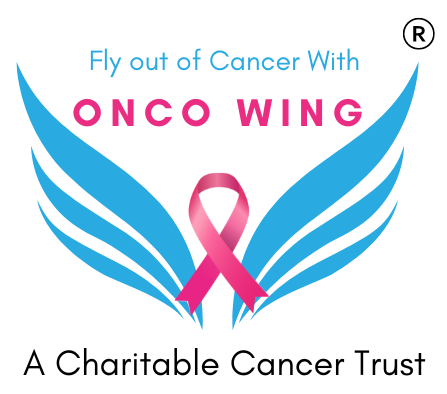
Chemotherapy
Chemotherapy is a cornerstone treatment for many types of cancer. It involves the use of powerful medications designed to kill cancer cells or stop their growth.
We understand that a cancer diagnosis can be overwhelming, and we are committed to guiding our patients every step of the way. From the initial consultation to post-treatment support, we prioritize your comfort, safety, and well-being throughout the chemotherapy process.
Here’s an overview of chemotherapy, including its purpose, administration, side effects, and more:
Purpose of Chemotherapy
- Curative Intent: In some cases, chemotherapy can eliminate cancer completely, particularly in certain types of cancers that are highly responsive to these drugs.
- Adjuvant Therapy: It may be given after surgery to reduce the risk of recurrence by targeting any remaining cancer cells.
- Neoadjuvant Therapy: Chemotherapy can be administered before surgery to shrink tumors, making them easier to remove.
- Palliative Care: In advanced cancer cases, chemotherapy may help relieve symptoms and improve quality of life, even if a cure is not possible.
Administration
- Intravenous (IV): Most common method; chemotherapy drugs are delivered directly into the bloodstream.
- Oral: Some chemotherapy medications can be taken as pills or capsules.
- Injections: Some drugs may be injected into muscles or other areas.
- Regional Therapy: Chemotherapy may be delivered directly to a specific area, such as the abdomen (intraperitoneal chemotherapy).
Treatment Schedule
- Chemotherapy is usually given in cycles, which may involve a combination of treatment days followed by rest days to allow the body to recover.
Common Side Effects
While chemotherapy targets cancer cells, it can also affect healthy cells, leading to side effects such as:
- Nausea and Vomiting: Medications are often provided to help manage these symptoms.
- Fatigue: Many patients experience tiredness due to the impact of chemotherapy on the body.
- Hair Loss: Some chemotherapy drugs can cause temporary hair loss.
- Changes in Appetite: Patients may experience changes in taste or appetite.
- Increased Risk of Infections: Chemotherapy can lower white blood cell counts, making patients more susceptible to infections.
- Mouth Sores: Some patients develop sores in their mouth and throat.
Managing Side Effects
Oncologists and healthcare teams work closely with patients to manage side effects through:
- Medications: Antiemetics for nausea, growth factors to boost white blood cell counts, etc.
- Lifestyle Adjustments: Nutritional guidance and supportive therapies to help alleviate symptoms.
Follow-Up Care
Regular follow-up appointments are crucial to monitor the effectiveness of treatment, manage side effects, and adjust treatment plans as necessary.



